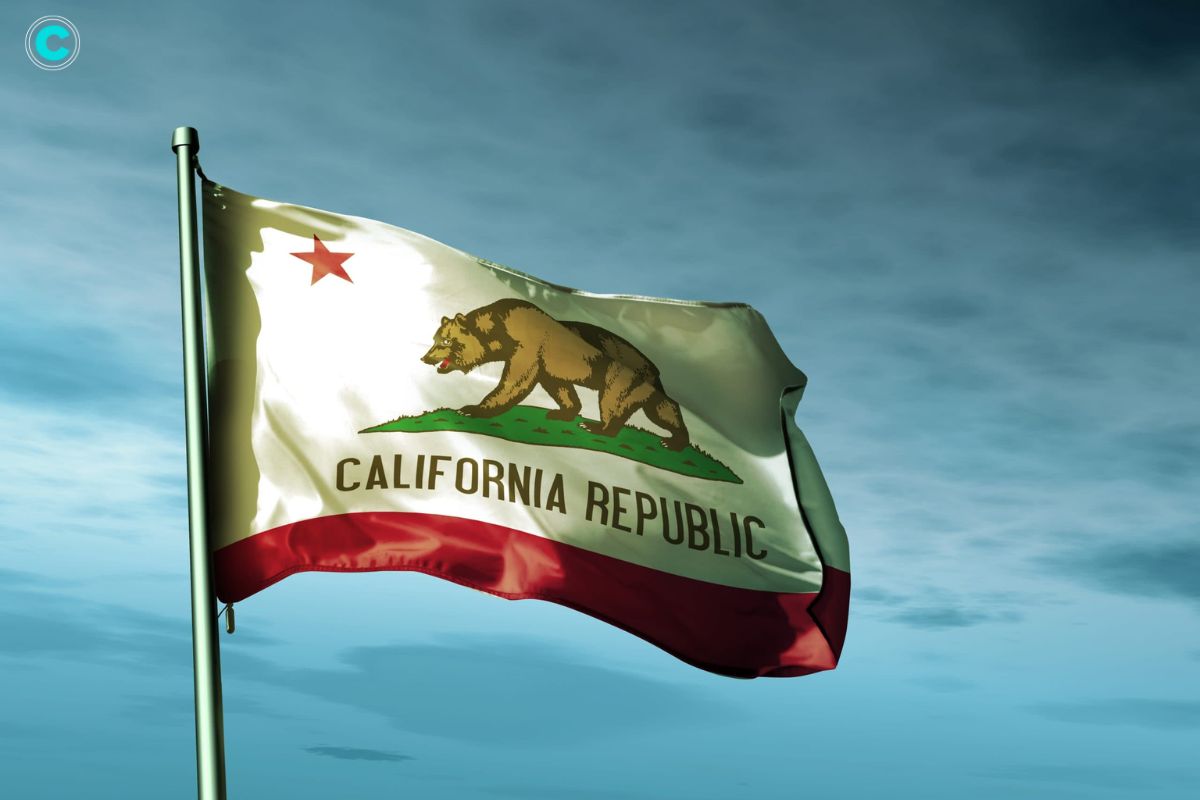(Source – R Street Institute)
Legislative Push for AI Safety
California lawmakers took a significant step on Tuesday, advancing a groundbreaking bill that mandates artificial intelligence (AI) companies to rigorously test their systems and incorporate safety measures. This legislation aims to prevent potential future threats such as the manipulation of AI systems to disrupt the state’s electric grid or aid in the creation of chemical weapons. Experts warn that as AI technology rapidly advances, such scenarios could become plausible.
The California AI bill, authored by Democratic State Sen. Scott Wiener, seeks to mitigate the risks posed by powerful AI models that might be developed in the future. It has faced strong opposition from venture capital firms and major tech companies, including Meta and Google. These companies argue that the regulations unfairly target developers instead of those who misuse AI systems for harmful purposes.
Wiener emphasized that the proposed legislation would set reasonable safety standards to avert “catastrophic harms” from highly sophisticated AI models. The California AI bill’s requirements apply only to AI systems that exceed $100 million in computing power to train. As of July, no existing AI models meet this threshold.
Controversy and Support
At a legislative hearing on Tuesday, Wiener criticized the opposition’s campaign, accusing it of disseminating false information about the bill. He clarified that the legislation does not impose new criminal charges on AI developers whose models cause societal harm if they have tested their systems and implemented risk mitigation measures. “This bill is not going to send any AI developers to prison,” Wiener stated. “I would ask folks to stop making that claim.”
The bill stipulates that only the state attorney general can initiate legal actions for violations.
Democratic Gov. Gavin Newsom, who has promoted California as a pioneer in AI adoption and regulation, did not comment on the bill. He has previously expressed concerns about overregulation potentially harming the state’s position but has also highlighted the potential benefits of generative AI tools for improving infrastructure and providing tax guidance. His administration is simultaneously considering new rules to prevent AI-based discrimination in hiring practices.
A growing coalition of tech companies warns that the proposed requirements could deter the development of large AI systems and hinder open-source technology. Meta’s vice president and deputy chief privacy officer, Rob Sherman, cautioned that the bill could make the AI ecosystem less secure and create regulatory fragmentation.
Additional Measures and Future Implications
Supporters of the bill argue that California cannot afford to wait for federal guidance, drawing parallels to the delayed regulatory response to social media companies. They assert that immediate action is necessary to address the unique challenges posed by advanced AI systems. The proposal, endorsed by prominent AI researchers, also includes the creation of a new state agency to oversee AI developers and establish best practices.
In addition to the primary California AI bill, state lawmakers are considering two other significant measures to protect Californians from potential AI harm. One bill aims to combat automation discrimination in job and rental applications screened by AI models. The other seeks to prohibit social media companies from collecting and selling the data of individuals under 18 without consent from them or their guardians.
As California positions itself at the forefront of AI regulation, the outcome of this legislative effort could set a precedent for other states and influence federal policy. The debate over balancing innovation with safety continues to intensify, reflecting broader concerns about the rapid evolution of AI technology and its potential societal impacts.



![-[Source-csoonline.com]](https://cybrpro.com/wp-content/uploads/2024/10/Source-csoonline.com_.jpg)


